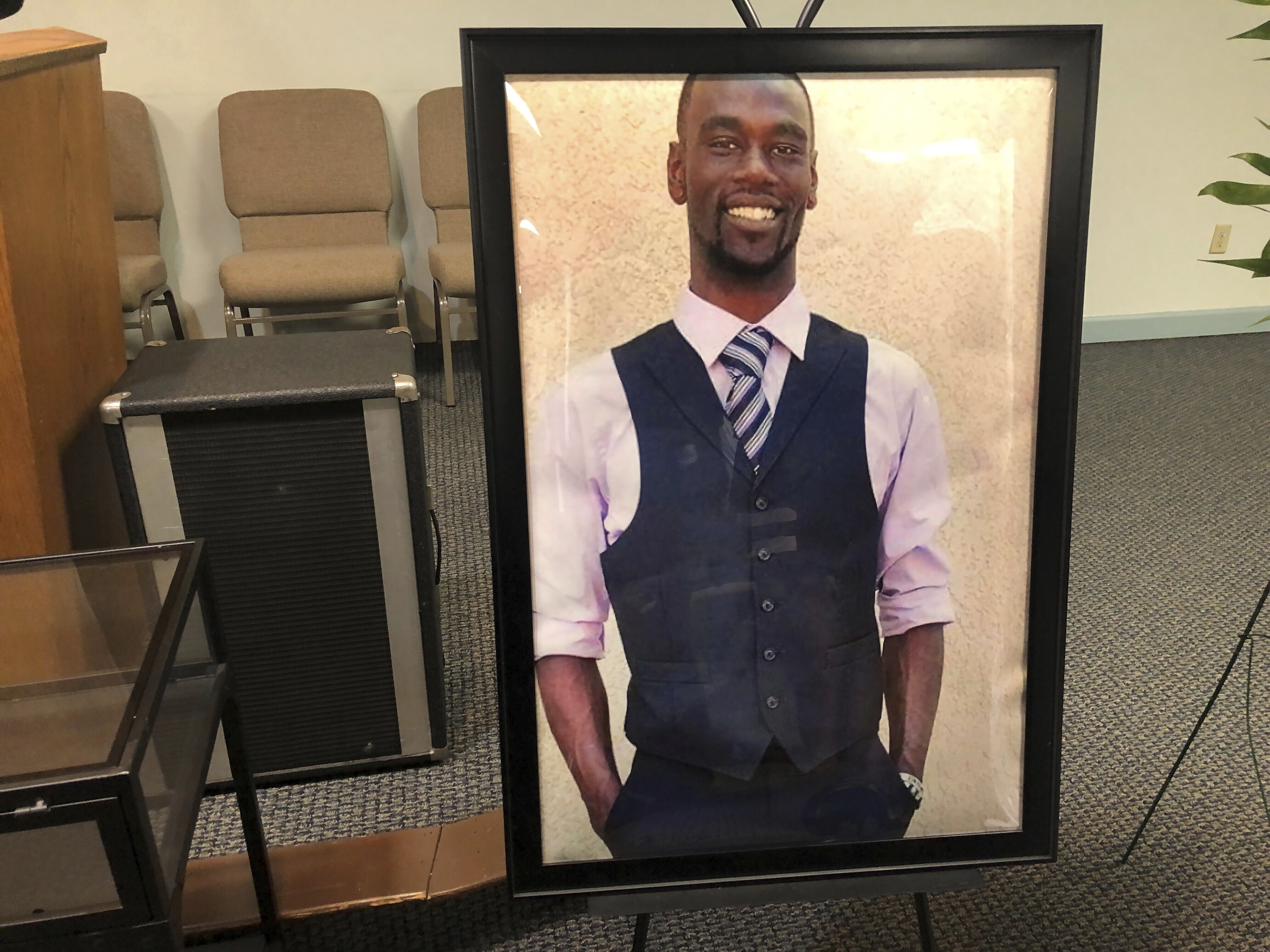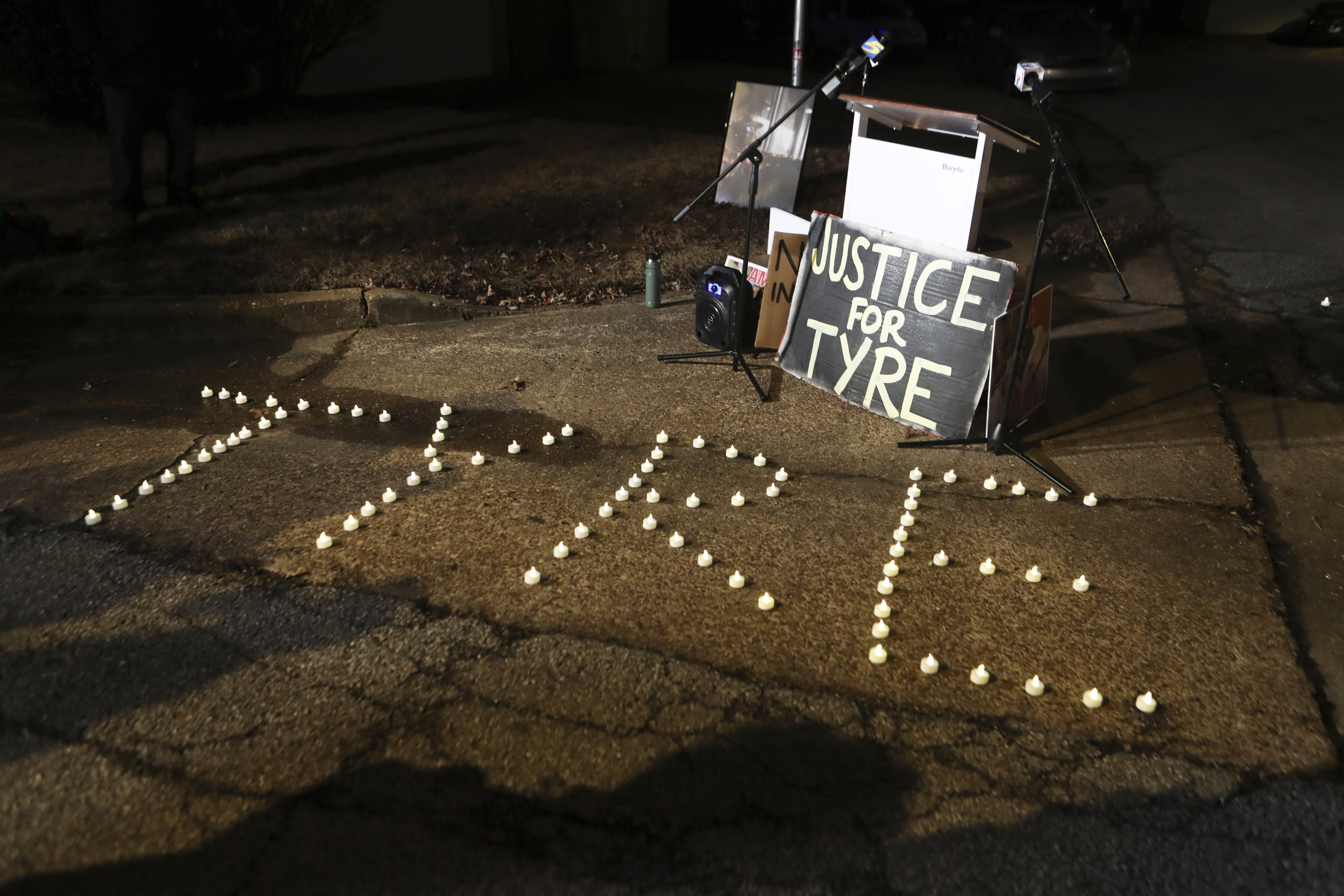Tyre Nichols: Officers Acquitted! Justice Served?
Tyre Nichols Case: Former Officers Acquitted, Justice Questioned
Introduction: A Verdict That Shakes the Nation
In a stunning turn of events, three former Memphis police officers were found not guilty on all state charges related to the death of Tyre Nichols. This includes the most serious charge of second-degree murder. Remember Tyre Nichols? The young man whose brutal beating after a traffic stop sent shockwaves across the country and reignited the debate about police brutality and accountability? This verdict has only intensified that debate. A jury delivered a verdict that has left many questioning the pursuit of justice.
The Trial's End: Acquittal on All Counts
After a nine-day trial filled with emotional testimonies and graphic evidence, the jury, reportedly composed entirely of white individuals, deliberated for approximately eight and a half hours over two days. Their decision: not guilty for Tadarrius Bean, Demetrius Haley, and Justin Smith on all counts. The courtroom erupted in contrasting emotions as the verdict was read. Imagine the relief and jubilation on one side versus the gut-wrenching pain and disappointment on the other.
Celebrating Freedom, Mourning Loss
Witnessing the aftermath, with the defendants embracing their lawyers and a relative exclaiming, "Thank you, Jesus!" paints a vivid picture. But this celebration stands in stark contrast to the grief and frustration felt by those who believed justice demanded a different outcome. Were emotions a little too high for such a serious event?
Defense Speaks: Innocent Until Proven Guilty
Martin Zummach, the attorney for Justin Smith, expressed his relief, stating, "It’s easy to defend a good person. It’s nerve racking to represent an innocent man." This statement underscores the fundamental principle of the American legal system: innocent until proven guilty. But does this principle always translate into actual justice? It is worth remembering, that we need defense attourneys to make sure everyone gets a fair trial. Without them, injustice will become rampant.
Federal Charges Looming: A Second Battle Ahead
While this verdict brings a sense of closure to the state charges, it's far from the end of the road for these former officers. They still face significant prison time stemming from federal charges related to the same incident. It's like climbing one mountain only to see another, even taller, peak looming in the distance. But, what exactly did the federal charges entail?
Conviction on Federal Charges
Earlier, these officers were convicted on federal charges, although they were acquitted of the most severe allegations. The details of these charges and the potential sentencing remain critical aspects of this ongoing saga. It makes you wonder if the federal charges will result in a different outcome.
The Role of Race: A Persistent Question
The racial makeup of the jury has become a point of intense scrutiny. The fact that it appeared to be entirely white raises questions about potential biases and whether a more diverse jury might have reached a different conclusion. Race inevitably plays a role in justice, regardless of whether it is a big one or a small one. It cannot be denied that it is always there in some way or form.
Beyond the Verdict: Systemic Issues at Play
This case isn't just about three individual officers; it shines a spotlight on systemic issues within the Memphis Police Department and the broader issue of police brutality against Black individuals. Are there deeper reforms needed to prevent tragedies like this from happening again?
Nationwide Protests: A Cry for Change
Tyre Nichols' death ignited protests across the nation, echoing the sentiments of the Black Lives Matter movement. People demanded accountability, justice, and significant police reforms. Will this acquittal dampen the momentum of these protests, or will it fuel further outrage and calls for change?
Renewed Calls for Police Reforms
The calls for police reform are louder than ever. From de-escalation training to body cameras to independent investigations, various solutions are being proposed and debated. But are these solutions truly effective in addressing the root causes of police brutality? Time will only tell.
Remembering Tyre Nichols: A Life Cut Short
Amidst the legal proceedings and political debates, it's essential to remember Tyre Nichols as an individual. He was a son, a father, a friend. His life was tragically cut short, and his death has left an indelible mark on his loved ones and the nation. Let us not forget the human cost of this tragedy.
Analyzing the Evidence: What We Know So Far
The trial presented a complex web of evidence, including body camera footage, witness testimonies, and expert analyses. Understanding the key pieces of evidence is crucial for comprehending the jury's decision-making process. However, given that the trial took nine long days, it is impossible to remember every bit of it.
Body Camera Footage: A Double-Edged Sword
The body camera footage played a central role in the trial, offering a firsthand view of the events that transpired. However, the interpretation of this footage was subject to intense debate. What parts of the footage were most telling? What was seen in them, and how was it interpreted?
Witness Testimonies: Conflicting Accounts
Witness testimonies often presented conflicting accounts of the events, making it challenging for the jury to discern the truth. This is very common in real-life situations. Memories can be inaccurate.
The Legal Arguments: Prosecution vs. Defense
The prosecution argued that the officers used excessive force and acted with malice, leading to Nichols' death. The defense countered that the officers were acting within the scope of their duties and that Nichols' own actions contributed to the tragic outcome. Can both arguments be true?
Burden of Proof: Beyond a Reasonable Doubt
In the American legal system, the prosecution bears the burden of proving guilt beyond a reasonable doubt. Did the prosecution fail to meet this burden in this case? Or did the jury simply disagree with the prosecution's interpretation of the evidence?
Community Reactions: Disappointment and Anger
The verdict has been met with widespread disappointment and anger within the Memphis community and beyond. Many feel that justice has not been served and that the officers have escaped accountability for their actions. What does this verdict mean for the relationship between the police and the community?
Calls for Continued Activism
Despite the setback, many activists are urging people to continue fighting for police reform and racial justice. They believe that this verdict should serve as a catalyst for further action, not a cause for despair. Will they succeed in their mission? What do they hope to accomplish?
The Political Fallout: Implications for Law Enforcement
This case has significant political implications for law enforcement agencies across the country. It raises questions about training, accountability, and the use of force. Will police departments implement meaningful reforms in response to this tragedy?
Conclusion: A System Under Scrutiny
The acquittal of the former Memphis officers in the Tyre Nichols case is a stark reminder of the complexities and challenges of achieving justice in America. While the legal process has run its course at the state level, the federal charges remain, and the broader questions about police brutality, accountability, and racial justice persist. This case has exposed deep fissures within our society and demands continued dialogue and action. It reveals that the pursuit of real justice is not over.
Frequently Asked Questions
- What were the specific charges against the former officers?
The officers faced state charges including second-degree murder, aggravated assault, official misconduct, and official oppression. They were acquitted of all of these charges.
- What are the federal charges the officers still face?
The officers still face federal charges related to civil rights violations stemming from the same incident. Specific details of the sentencing that might follow depend on the federal court rulings.
- Why was the racial makeup of the jury a point of contention?
The jury appeared to be entirely white, which raised concerns about potential biases and whether a more diverse jury might have reached a different verdict, given the racial dynamics of the case.
- What kind of police reforms are being proposed in response to this case?
Proposed reforms include enhanced de-escalation training, mandatory body camera use, independent investigations of police misconduct, and changes to use-of-force policies.
- How can I get involved in advocating for police reform?
You can get involved by supporting organizations dedicated to police reform, contacting your elected officials to voice your concerns, participating in peaceful protests, and educating yourself and others about the issues.

